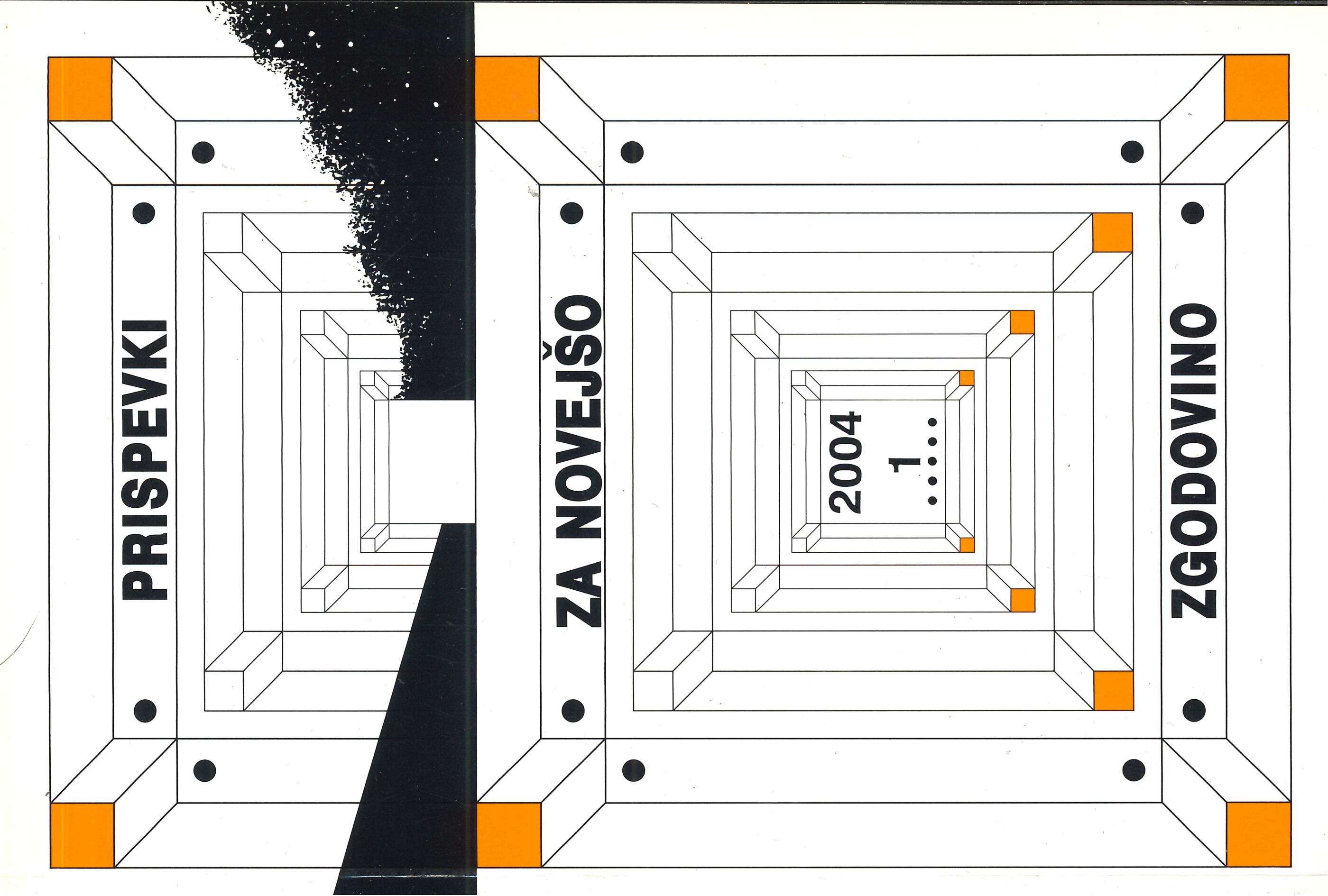The Yugoslav National Party and the National Question in 1935 and 1936
Keywords:
Kingdom of Yugoslavia, Milan Stojadinović, Yugoslav National Party, liberalism, unitarism, Pohorje DeclarationAbstract
The political views of the Slovene Liberals, who were incorporated in the all-national Yugoslav National Party (YNP), remained based on a consistent support of the Yugoslav popular and state unitarism, even after the formation of the Stojadinović government, on 24 June 1935, when they were no longer in power in the Yugoslav and Slovene political arena. Prior to the Second YNP Congress on 30 June 1936 in Belgrade, they had often stressed their support for unitarism, most resoundingly in the so-called Pohorje Declaration, on 19 and 20 August 1935. Thereby they demonstrated that, in any given political situation, the only valid option for them was that of Yugoslavism. This ruled out any kind of national individualism or autonomy of the Slovenes within the Yugoslav community, which was the national political ideal of the great majority of Slovenes at the time. In the face of other endeavours for resolving the fundamental questions of the Slovene national development in the first Yugoslav state, the Liberals clung to their belief in the historical superiority of the fictitious Yugoslav nation and the existing unitarian state.
Downloads
Published
Issue
Section
License
Authors who publish with this journal agree to the following terms:
- Authors retain copyright and grant the journal right of first publication with the work simultaneously licensed under a Creative Commons Attribution License that allows others to share the work with an acknowledgement of the work's authorship and initial publication in this journal.
- Authors are able to enter into separate, additional contractual arrangements for the non-exclusive distribution of the journal's published version of the work (e.g., post it to an institutional repository or publish it in a book), with an acknowledgement of its initial publication in this journal.
- Authors are permitted and encouraged to post their work online (e.g., in institutional repositories or on their website) prior to and during the submission process, as it can lead to productive exchanges, as well as earlier and greater citation of published work (See The Effect of Open Access).


